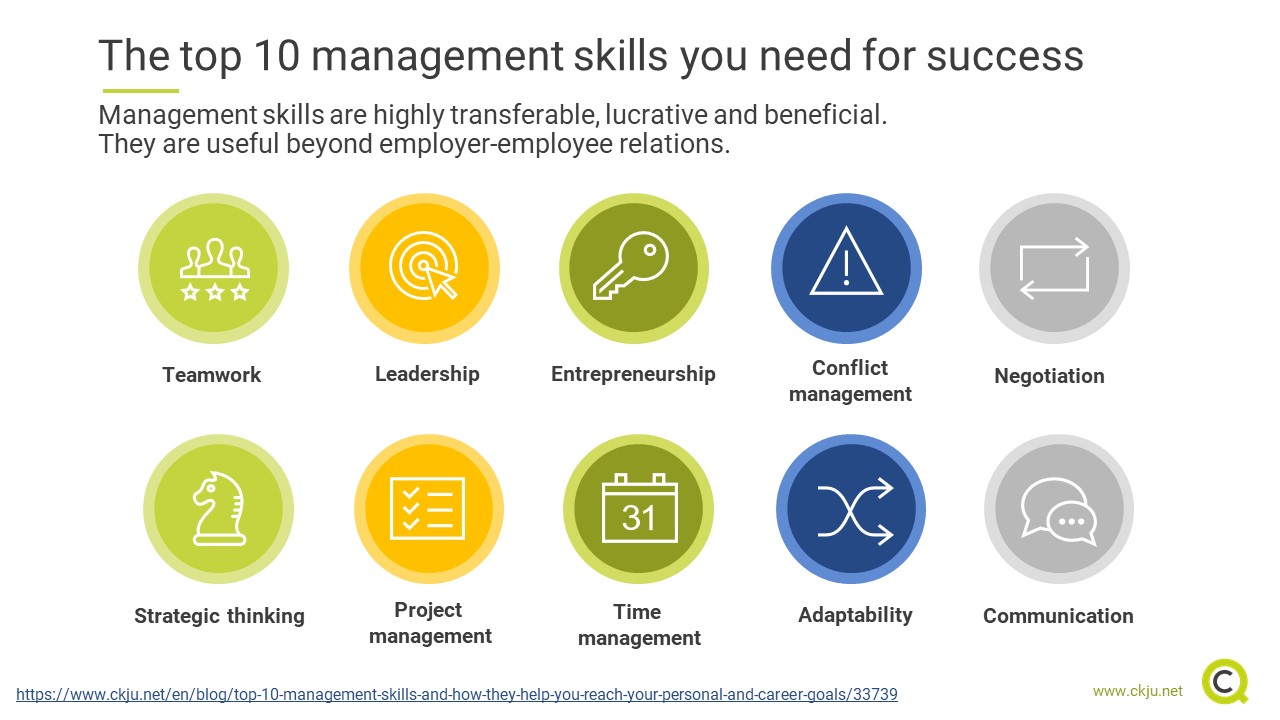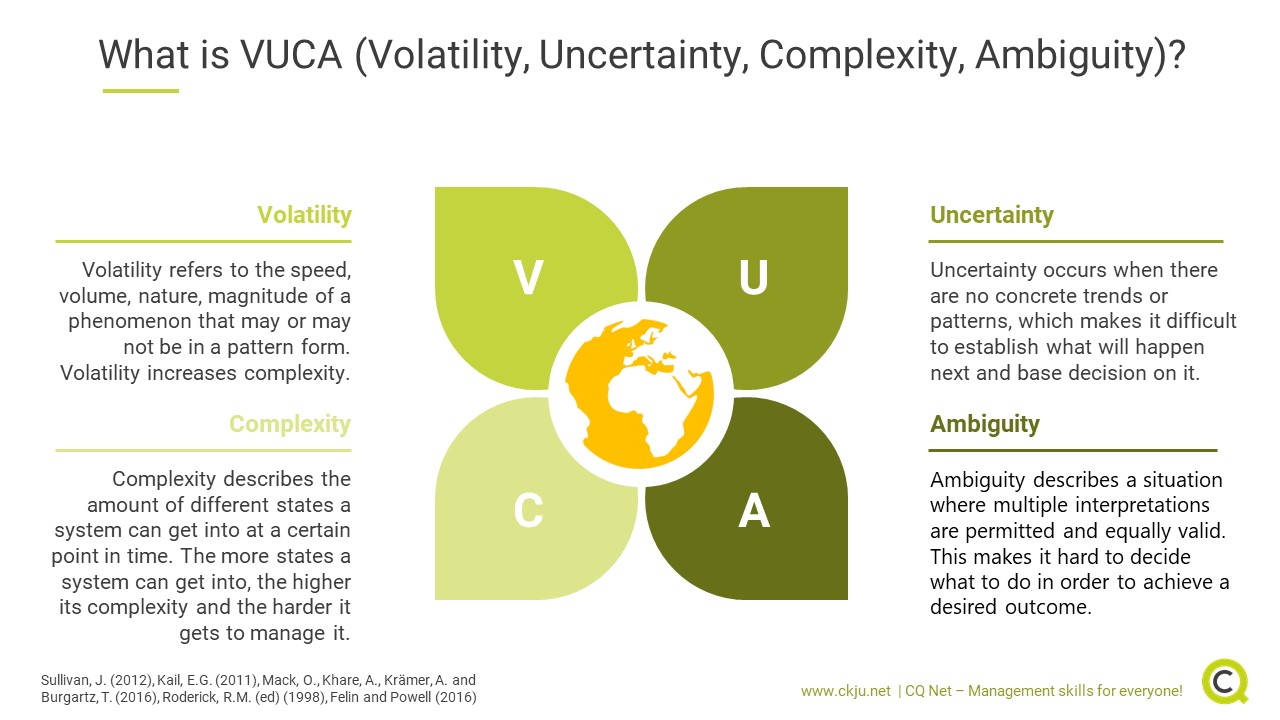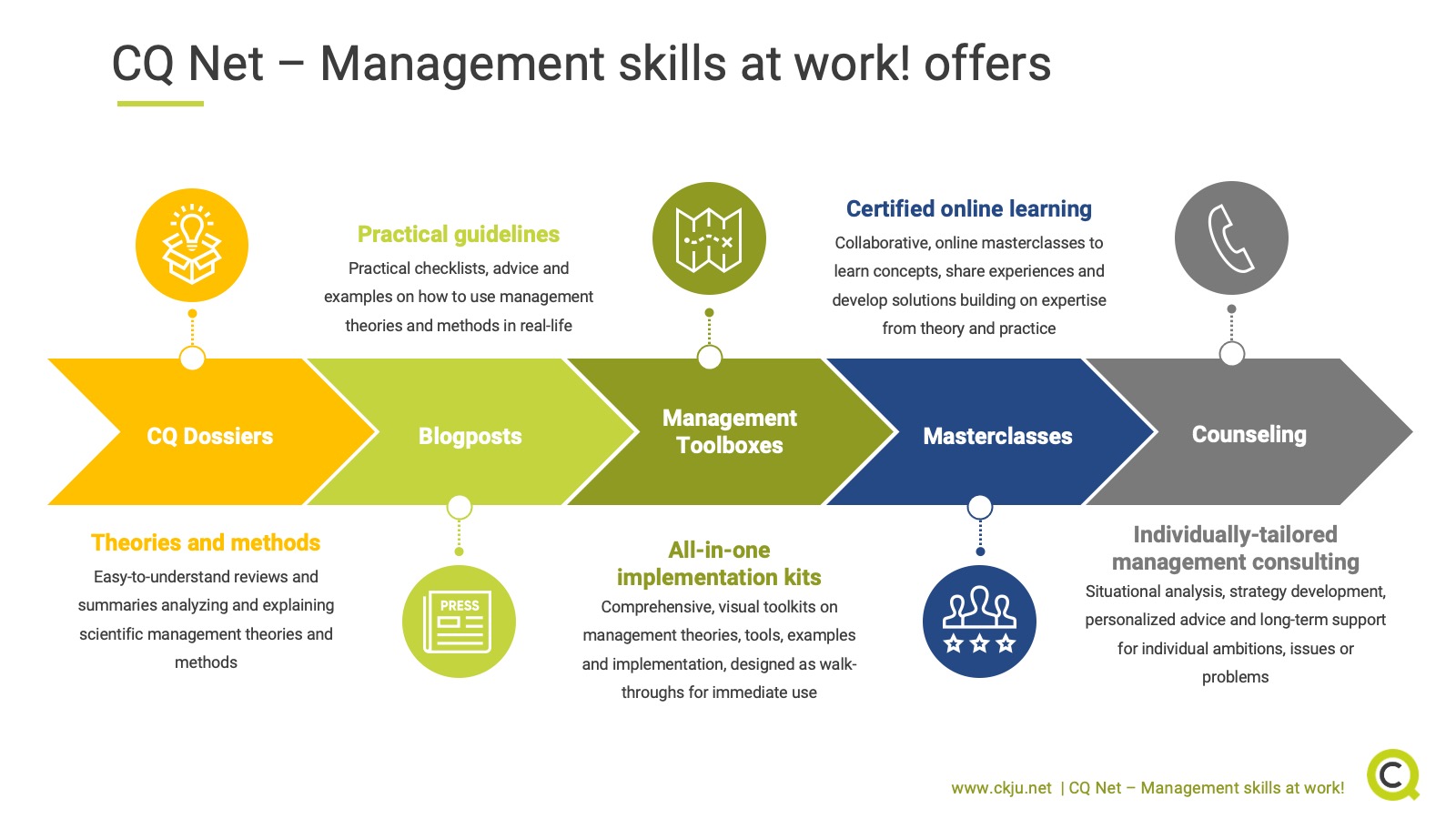- Blog
- Management skills for everyone
Contents
- Management skills are highly transferable
- Management skills are required of everybody
- Classical organizations are hierarchical
- The world is changing and becoming more dynamic
- How can we live up to new expectations of the world of work?
- Filling the gaps and shifting the paradigm
- Soft skills are the new hard skills
- High quality management skills available, affordable, understandable
- We want to make a change
Management skills are highly transferable
Although it might seem counterintuitive, management skills are highly transferable and are relevant for all professionals. As transferable skills, they can be considered a set of fundamental tools and “life skills” that help navigate through the world of work and beyond. To name some examples, managing time, holding presentations, communicating with others, setting goals for a team, conflict management are all considered fundamental management skills. Yearly, platforms like LinkedIn publish the most in-demand skills. Not too long ago, we distilled the top 10 management skills for you.
Management skills are required of everybody
You will notice that the above-mentioned skills sound rather general. You may even think to yourself: wait, I do this every day at work and I am not a manager! You are correct – management skills are fundamental skills that refer to the way you organize tasks, processes, people, outcomes. Essentially, a manager is nothing else than an administrator who is responsible for overseeing and ensuring that certain things happen.
What is striking is that you do not have to be a manager, a CEO or an executive to need management skills. On the contrary, most employees possess management skills, use them on a daily basis, and are even required to possess them in order to get a job in the first place! Regardless of industry, type or size of organization, management skills and being “fluent” in them determines success or is at least a large component. Being able to think strategically, adapt to new situations, take on leadership in situations that require it, come up with new ideas – all these sound familiar when considering typical job listings. They are all management skills.
Classical organizations are hierarchical
Why is it that case then, that only managers “manage” and the rest of employees are not considered “managers”? This is an excellent question. When we look at the body of scientific research on management, there is a clear trend to what we now call a “conventional” organization. In fact, it was sociology’s founding father Max Weber who provided a typology of an organization which is, arguably, what many organizations look like today: bureaucratic organizations, characterised by a system defined by rules, led by a leader who operates on logic and rationale to yield maximum efficiency. Does this sound familiar?
One of the underlying tenants of Weber’s conceptualisation is the idea of authority. Authority is a concept familiar to anyone working in an organization: someone has authority over someone else and this is simply how it works. In classical management, the system is hierarchical: the workers are at the bottom. They are administered by managers. These managers again have managers, who have managers, who are… CEOs, executives, the big bosses. In most organizations there is someone on top of the hierarchical pyramid who, compared to the smallest worker, has an entirely different experience of work.
The world is changing and becoming more dynamic
When we look at the developments of the last century, Max Weber could never have predicted the degree of interconnectedness manifested in the world today. In a globalized world, where there are millions of players, the direction in which we are going is uncertain, unpredictable. The world as we know it is characterized as VUCA – volatile, uncertain, complex and ambiguous. Being in a VUCA world means that a certain degree of the unknown is a constant – paradoxically. Therefore, there is the need for flexibility in theory and practice to survive these often harsh developments. The best example may be the current COVID-19 crisis.
Simply put, in a VUCA world, old and rigid conceptualisations of how organizations work simply do not make sense anymore. Beyond that, the way these models work – often predicting outcomes or prescribing “best” ways to do something – is changing. When looking at recent research on organizations, there is a clear trend to decentralisation, flattened hierarchies, shared leadership and responsibilities, teamwork, and flexibility in terms of location, task distribution and competencies.
Beyond that, increasingly popular models like transformational leadership or crew resource management also show a trend to more inclusion, eye-level communication and a mutually beneficial relationship between leader and follower. This means that management skills – particularly for a “regular employee” - are now more important than ever. Not only are they already required on a daily basis – they are now also required for organizational survival.
How can we live up to new expectations of the world of work?
Everything is changing and we must adapt to these changes. Considering the importance of management skills – and the increased importance when considering recent developments in organizational theory and practice – the question emerges how we can live up to new expectations. How can we learn management skills as professionals? Below, we will look at three very common answers to this question.
Doing an MBA (Master of Business Administration)
An obvious response on how to get management skills is simply: go to business school. Indeed, this is a way. However, there are three very significant practical obstacles to this path: first, MBAs or other qualifications offered by business schools are simply extremely expensive. There is only a minor percentage of people who can afford it. Second, business school requires presence. Arguably, there is an increasing number of MBAs that can be completed online. However, this is the third problem: an MBA teaches theories. It does not, or only rarely, feature practical and learning-by-doing components. There is no bridge between what you learn and what you do. It is a degree that for sure helps you get a higher salary, but it does not necessarily make you a “good” manager.
Self-learning via the Internet or books
Nowadays, everyone can learn anything on the Internet. There has been a significant rise of e-learning activities in the past years. The onset of MOOCs – Massive Open Online Courses – has seen universities with big names partner with platforms offering anyone the opportunity to audit the course. A certificate can be obtained for a small fee. Management skills (usually dubbed “leadership” or “project management”) are plentiful. Similarly, there are thousands of books available – everybody has heard of classics like Covey’s “The 7 Habits of Highly Effective People” or Carnegies “How to Win Friends and Influence People”. Online you can find guides and strategies by leading management consultancies. However – how good is the advice given? If you are one of millions of readers, how will you be any different?
Relying on your gut, learning by doing
Many people believe that theory is one thing and practice is another. On the other end of the spectrum, diametrically opposite an MBA, is the learning-by-doing approach to attaining relevant skills. Arguably, this approach is very common among those who are already in leadership positions. Often, managers simply “follow their gut” and refer to years and years’ worth of experience in solving conflicts, developing strategies or managing stakeholders. While this might be a good approach, it is highly dependent on context, individual critical ability, and it might well be a lucky combination of circumstances that led to success. This approach is very unclear when it comes to measuring outputs and there is no guarantee that those you are learning from know what they are doing.
Filling the gaps and shifting the paradigm
Arguably, all these three approaches have positive aspects to them and the best approach to learning management skills would probably be to combine all three. Studying for an MBA might give you firm, but perhaps outdated, theoretical knowledge. Self-learning may sharpen your critical thinking skills, but there is no guarantee for quality. Relying on your gut may work in some situations but ultimately, there is no proof that success is near.
We at CQ Net – Management skills at work! have considered the situation carefully. We firmly believe that management skills are key for success in the future. Not only is the world changing and people are becoming more important – the world is also increasingly unequal and polarized. These are two good reasons why we started our platform to make management knowledge and implementation insights available.
Soft skills are the new hard skills
Our approach is the following: we believe that soft skills are the new hard skills. This means that soft skills – interpersonal abilities, creativity, strategic thinking etc. are coming to replace hard skills – like knowing how to code. The world of work is becoming more dynamic and is reinventing itself. A “safe” constant to get through the unexpected is to invest in skills that are transferable and can be applied across situations.
This is where the circle closes: management skills are highly transferable skills. They are crucial in the world of work and will be the foundation employees need to keep up with the ever-changing VUCA world. However, those management skills should be affordable, they should be easily available, and they should be of high quality.
High quality management skills available, affordable, understandable
We at CQ Net – Management skills at work! base our offers on scientific evidence and practical experience.
This means that we research the latest developments in social science, management science, psychology on current management topics. Then, we use our brightest minds – academics and practitioners with years of experience in various organizations and sectors – to distil the most important components of theory into Dossiers, which provide a summary of everything you need to know. Our blogposts take the methods and theories introduced in Dossiers and turn them into practical guidelines – filled with methods and approaches that you can implement immediately. If you are looking for the combination of both, we now offer management toolboxes for download.
For those seeking a truly academic experience, our masterclasses are tailored to the needs of participants – this is the CQ, the collaboration quotient. Together with all participants, we embark on an academic journey and learn from our mutual experiences and concerns. If this is not enough, our career counseling service can help you in your particular situation and give you advice on how to achieve your goals -may it be reaching a leadership position, being a better team player, or solving conflicts that arise with your boss.
We want to make a change
There is a very simple reason why we do this: we want to make a change. We are sick and tired of seeing rigid structures, inequality in the world of work, and the repetition of old approaches. We want to make sure that everyone – no matter in which position – receives the resources to be their best self. These resources should be of academic quality, be practical, and be relevant to what is needed. We believe that management skills tick the boxes and can be the key to true change in the world of work.
With a workforce that has access to such knowledge, organizations can increase their performance, their efficiency, become more just, produce higher quality output, and survive disruption. It’s a win-win situation.
This is why we, CQ Net – Management skills at work! – do what we do. Join us on our journey.
Top Rated
About the Author

Comments
Most Read Articles
Blog Categories
RELATED SERVICES











Add comment